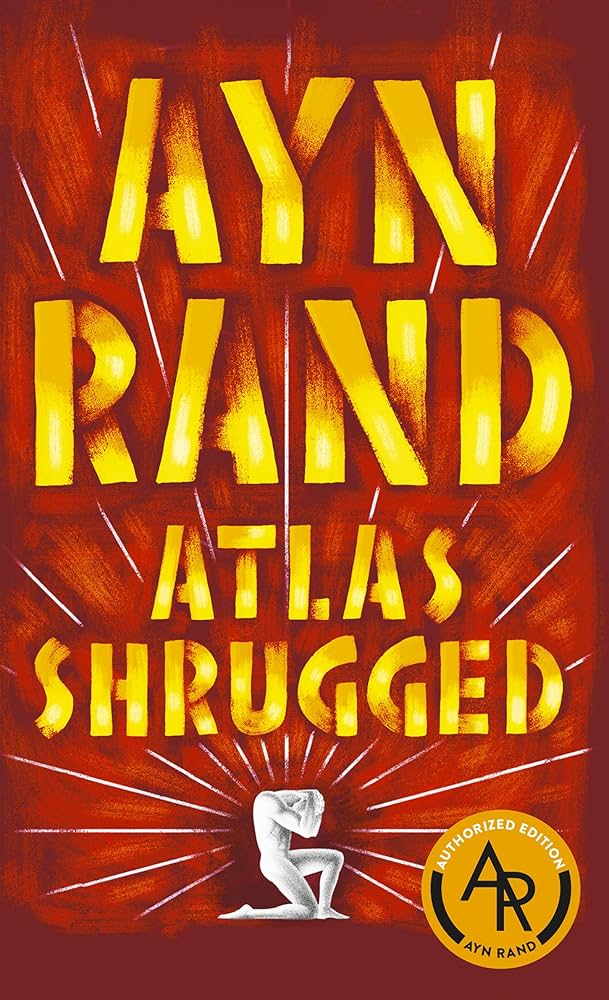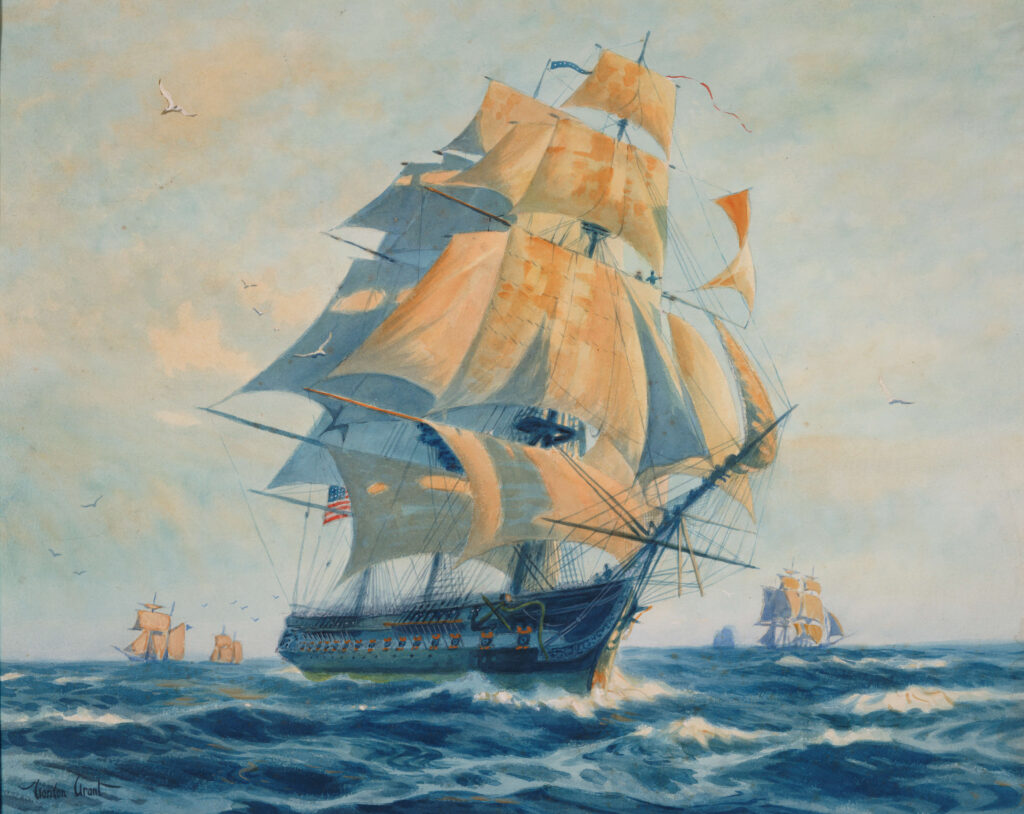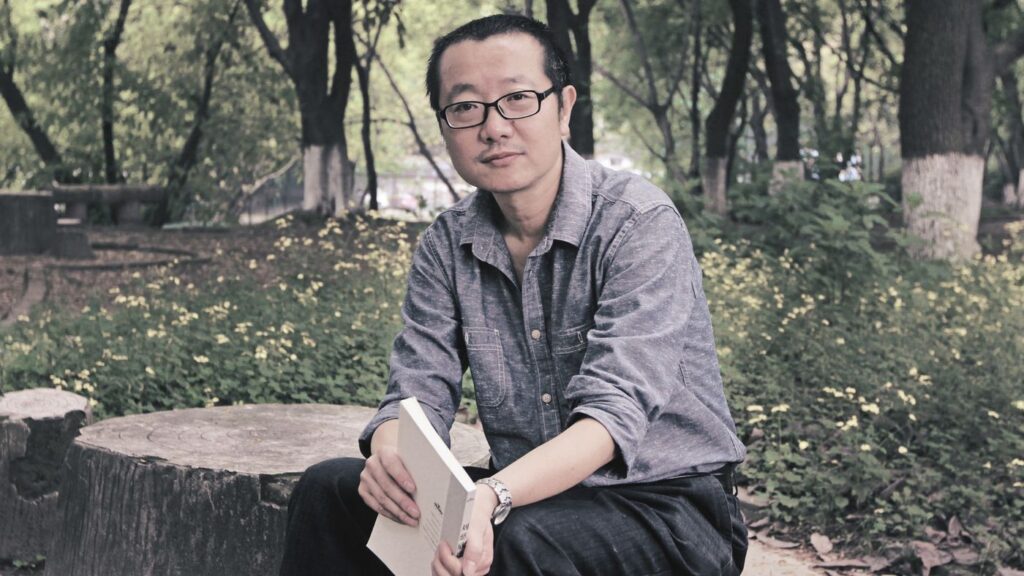Note: If you wish to receive, via e-mail, (1) my weekly newsletter or (2) daily copies of these posts, write to me at rrbates1951@gmail.com. Comments may also be sent to this address. I promise not to share your e-mail with anyone. To unsubscribe, write here as well.
Thursday
Back in 2012 I wrote the book How Beowulf Can Save America: An Epic Hero’s Guide to Defeating the Politics of Rage. While I knew the title was hyperbolic, I wanted people to realize that poets in the past had recognized and provided powerful responses to problems we continue to face. A question I have for myself is whether my optimism still holds up 13 years later, given the dark turn that American politics has taken.
The same monsters continue to plague us: troll resentment (Grendel), troll desire for revenge (Grendel’s Mother), and dragon depression. The weapons that Beowulf uses to counter these monsters still have some effectiveness although Trumpian fascism is providing a stiffer challenge than I anticipated in 2012. For instance, I’m no longer as confident that the giant sword used by Beowulf to slay Grendel’s Mother is as readily available.
Grendel’s grieving mother was embodied in the Tea Partiers at the time that I wrote the book and can be found in Trump’s supporters. Grieving over their vision of a lost America, they demand that others suffer to assuage their hurt. In 2012 I thought that America’s sword was made up of such foundational documents as “The Declaration of Independence,” The Constitution, “The Gettysburg Address,” Emma Lazarus’s words on the Statue of Liberty, Martin Luther King’s “I Have a Dream” speech—and that it could withstand the anger. In the poem, that sword comes to Beowulf’s aid when he is being subjected to relentless attacks of vengeful rage. I didn’t anticipate that, in our case, the attacks would be directed at those very ideals.
I don’t think Americans have entirely abandoned those ideals, so there’s reason for hope in that quarter. I want to focus in today’s post, however, on the third monster in the poem. The Dragon visits a country that has been safe and prosperous for 50 years. Geatland under Beowulf is so secure that no invader dares attack, and unlike some of the bad kings in the poem, Beowulf is a good and generous king. But he does have an existential crisis: he looks back over his past history and, instead of a glorious trajectory, he sees one meaningless death after another. There is no forward-looking idealism, none of the youthful bravado we saw in the young Beowulf. He is aging out and we learn that, once he dies, the country will be swarmed over by Geatland’s enemies—the Frisians, the Franks, the Swedes, and others.
For a while after Trump’s election, Democrats and liberals like myself became dragon depressed, hunkering down in our caves and feeling sorry for ourselves. This is the Dragon that gets Beowulf in the end.
Only—and this is important—Beowulf goes out fighting the Dragon rather than surrendering to it. Although he dies in the effort, as we all must, he is able to prevail. That’s because he learns to accept the help of another. He and his nephew Wiglaf fight the dragon together. Prior to this collaborative effort, Beowulf has thought he must fight the enemy alone, which is itself a dragon trait.
In my book, which was partly an attempt to persuade readers to coalesce behind Obama’s candidacy, I wrote the following. To update it, substitute “Democratic Party” for “leaders.” What matters is a collective response:
We can learn from Wiglaf, a young warrior witnessing his first fighting, that the important thing is not our disillusionment but the battle itself. Regardless of how our leaders have disappointed us, Wiglaf teaches us that it is still our responsibility to engage with them against a common enemy. That enemy’s destructive power, after all, is far more significant than any mistakes our leader might have made.
Like many Obama supporters, Wiglaf knows that his leader has brought some of his problems on himself. He even points out that the king has insisted on going his own way, which has had serious consequences. “Often when one man follows his own will,” he observes, “many are hurt.”
Nevertheless, Wiglaf goes to Beowulf’s rescue anyway, seeing it as his job to bolster the man who leads his people. Wiglaf’s speech shows the potential for youthful idealism to reinvigorate the elderly:
Go on, dear Beowulf, do everything
you said you would when you were still young
and vowed you would never let your name and fame
be dimmed while you lived. Your deeds are famous,
so stay resolute, my lord, defend your life now
with the whole of your strength. I shall stand by you.The message of Beowulf-Wiglaf’s victory is that neither leader nor allies can defeat the dragon alone. We must do it together.
There’s every temptation, when one is feeling discouraged, to become a dragon. One can withdraw, feeling bitter and sorry for oneself, but that only concedes the field of battle to the enemy. Better to find others who are similarly concerned and join forces. Together you can remind each other why the battle is meaningful and achieve goals that would be unreachable had you ventured out by yourself.
In short, we’re all together in the business of saving democracy. If we do so our legacy, like Beowulf’s funeral shrine, will be like a shining beacon serving to guide future generations over “dark seas.”










